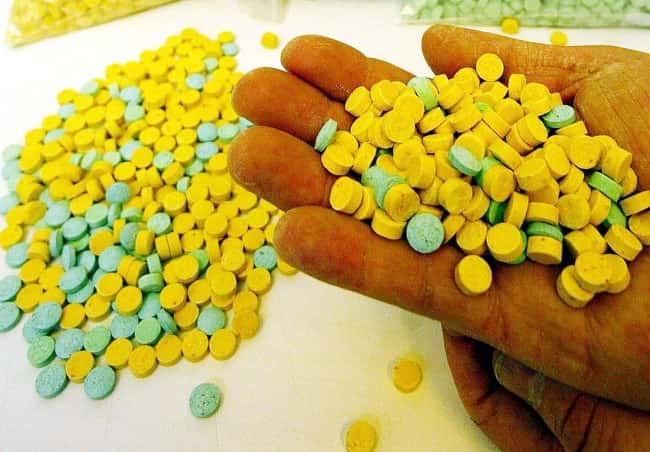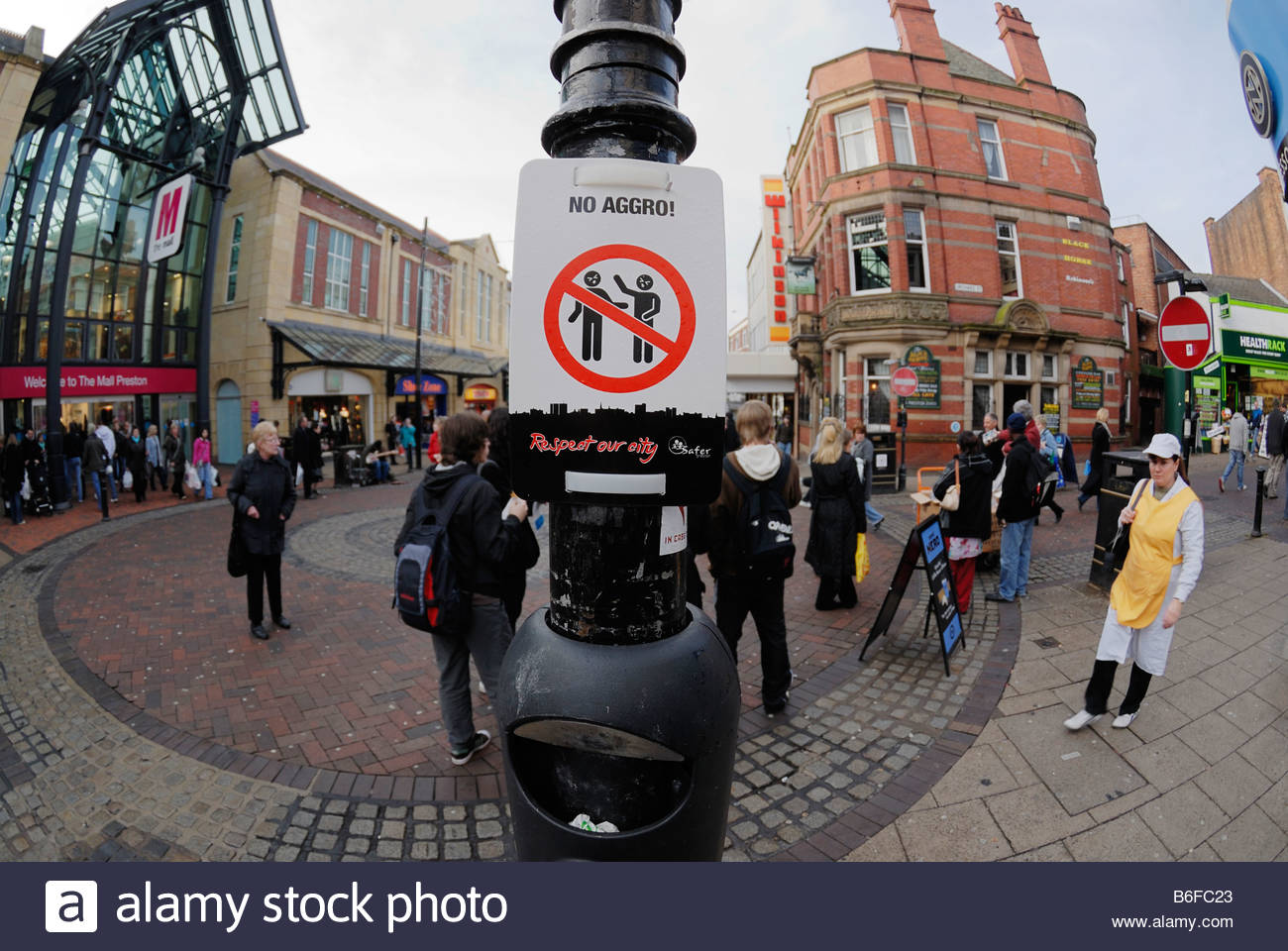
By Megan West and Daniel Parkes
New rules to outlaw so-called “legal highs” have come into force.
It means a blanket ban on the production, distribution and supply of psychoactive substances.
Police now have the power to shut down shops selling them – and there are tougher sentences of up to seven years for offenders.
Dealers of these legal highs which replicate the effects of Class A drugs will now face up to seven years in prison after the drug was outlawed at midnight.
A 24-year-old man remains in a critical condition after taking a legal high, hours before a blanket ban comes into force.
It is suspected that due to the newly enforced legislation, the legal high market will take to the “Dark Web” and will be distributed underground resulting in a expected increase in their usage which could result in more serious consequences for users because of the unknown substances used by the suppliers.
In 2009 alone, there were nearly 4.6 million admissions nationwide to hospital due to reports of drug abuse, adverse reactions to drugs, or other drug-related consequences.
The new law is made to try and combat this issue.
Brian Aiken at Changing Lives, a Newcastle charity organisation made to support drug users, said: “For the people that Changing Lives deals with, it will have very little impact.
“A large number of our clients who are users of legal highs have for some time had to go underground to dealers to get legal highs because of the ban on the sale in Newcastle city centre.”
He added: “They have already proved that banning the sale of legal highs doesn’t make people stop using them.
“However, I think it is really important that this new legislation sends out a strong message to people who might be dabbling or interested in dabbling with legal highs that they are not separate from all the class a and class b drugs. That they are harmful and it is not alright to take them.”
Paul, a 27 year old from Sunderland, who has been homeless twice in his life, both as a result of his addiction to legal high, told us about how he’s got back on track with the help of YMCA Sunderland he said: “I first got on to legal highs when I was 21 years old. My friend gave me a joint of it to try.”
He added: “I took it because I did not actually think it would do anything to me. But from the first time I smoked it I was absolutely hooked on it and spent about 6 years addicted on it.
“I got clean with help from the YMCA Sunderland , my key worker and also joining in with the mad few group. I think the law about it now will help but it will not solve it completely just put it into the hands of the street dealers.”
Chief Inspector David Pickett at the Northumbrian Police Department said: “This new psychoactive substances legislation is another tool for ourselves and our partners to use to help combat and tackle the problem of legal highs and gives us increased powers to help us take action where it matters most.
“Here in Newcastle we’ve been working closely together as a partnership to tackle the issue through education and enforcement for a while now and the introduction of this new act will hopefully support and enhance this hard work and help us in solving the problem and making Newcastle city centre an even safer place.
“Although this legislation should send a loud, legal and criminal warning out about legal highs the most serious message is definitely one of health and personal safety.”



